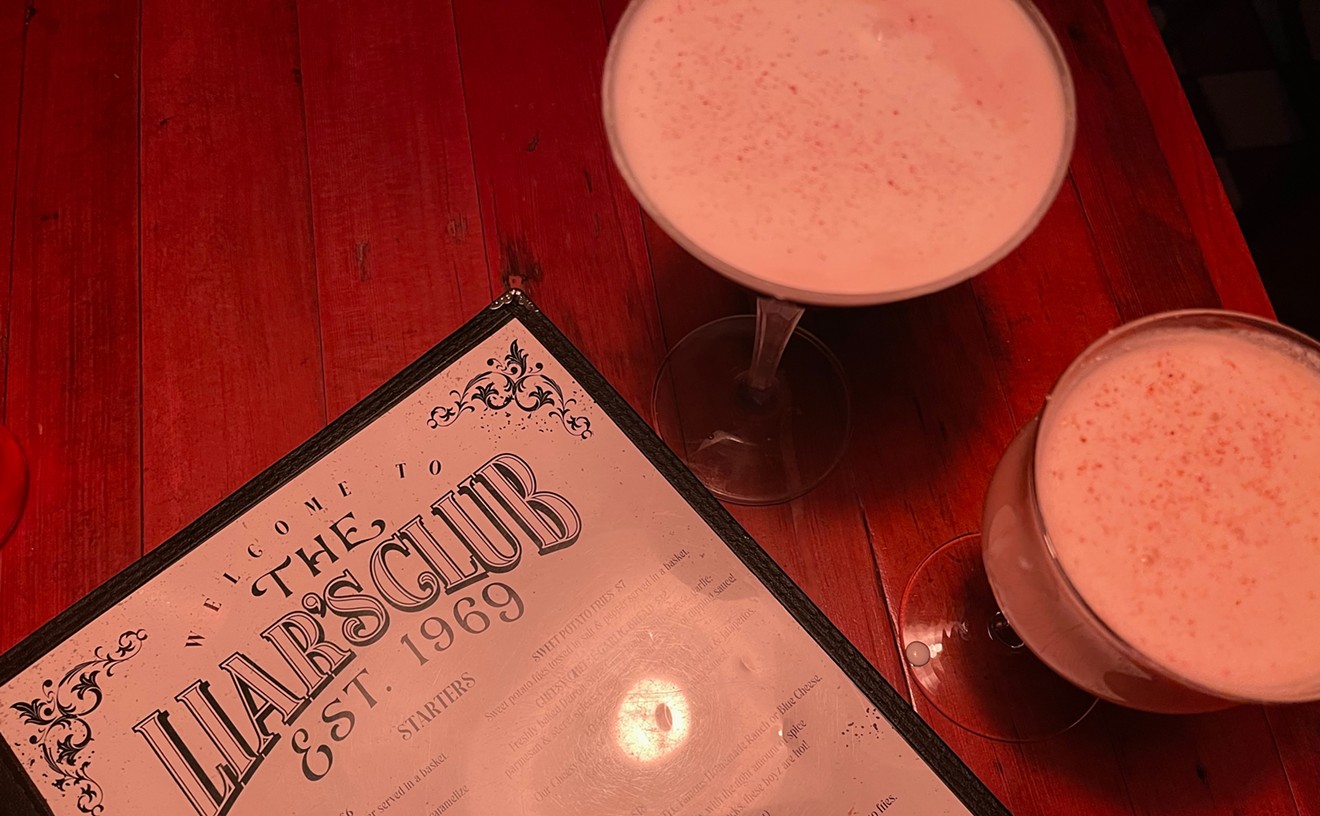Jason Segel didn't tell his book club he'd been cast as novelist David Foster Wallace in James Ponsoldt's biopic The End of the Tour. “I didn't want to sound like Fancy Pants McGee,” admits Segel over lunch in Los Angeles. (Especially since the 6-foot-4-inch comedy actor is famous for dropping his pants in Forgetting Sarah Marshall.) Instead, Segel casually suggested the guys push through Wallace's 1,079-page Infinite Jest, 100 pages every week. No ulterior motive. Just for the challenge.
“It's a difficult read — and I think intentionally so,” says Segel. He'd get to an endnote, paw to the end of the book, ingest 20 pages about tennis, and then, just as he felt some small measure of accomplishment, realize he'd have to flip back to the beginning. Jokes Segel, “It's like hitting a dog on the nose: 'Not yet, buddy.'”
Still, he was determined to power through Infinite Jest for two reasons: first, to understand the brain that created it, and second, to sense the willpower and willing solitude of the man. “What is it like to be the biggest brain in the room at all times and yet just desperately want to be one with whatever's going on around you?” Segel says. “If I were to try to speculate a psychology to it, even a subconscious one, I think there's some element of, 'How hard are you willing to work to get to know me?'”
As a writer, he could relate. Kind of. Finishing each of his four produced screenplays took months of isolation. Finishing this? “To write Infinite Jest is lonely,” observes Segel. During book club one Sunday, he said so. His secret plan backfired. Segel says with a laugh, “One of the guys said, 'I think it's best in book club if we stick to the text.'”
Segel had a second text to absorb. The End of the Tour is a zoomed-in biopic about four days Wallace spent with Rolling Stone journalist David Lipsky in 1996, the same year Infinite Jest established his reputation as a lit genius and 12 years before Wallace hanged himself at his home. The piece never ran — Rolling Stone underestimated Wallace's growing cult — but Lipsky held on to the tapes. Segel and Jesse Eisenberg, cast as Lipsky, had hours of raw road-trip conversation to study and memorize. Segel acknowledges how essential this was: “It would be real arrogant to try to paraphrase David Foster Wallace.”
The recordings aren't entirely flattering. Lipsky, just three years younger than Wallace, couldn't hide his jealousy of the hot new wunderkind's success. Wallace was touchy about Lipsky flirting with his friends. The two writers got along like baby tigers — it was all playtime until the claws came out.
Segel looks like Wallace. Like him, he masks his handsomeness with a head-wrap and watery glasses, and he hunches his bulk as though he's uncomfortable with his stature. But the key to Segel's performance is his voice: You hear Wallace anxious to sound nice, even when Lipsky presses for comment on heroin and suicide-attempt rumors.
First, Segel memorized Wallace's words. Then, like a torch singer, he studied the emotion behind them. What was Wallace really saying, underneath his deflections? “If you're still worried about the notes, you're not going to make any discoveries,” he says. His Wallace never raises his voice. He speaks with controlled urgency — he's a recluse who wants to be understood — and when he really gets upset, he uptalks the ends of his sentences to make them sound like questions. “Rather than a one-sided pontification, that forces a conversation.
“I think he was a man desperately wanting to be polite. And I think he was a guy who, also for his own well-being, was really trying to stay feeling okay — and that involved managing his own shit,” Segel says. “He had a million things he had to balance: trying to be polite and generous and be the kind of man he wanted to be, and at the same time know that Lipsky was holding a knife behind his back.
“I felt like he was trying to say, 'I may be putting up a façade, but the façade is not for you. The façade is for me,'” Segel says. “'I am operating on fake-it-till-you-make-it, and that's the best I can do right now.'”
Lipsky had his own theories about his subject's behavior. He thought that Wallace's jokes about scoring chicks on his book tour were calculated to impress Rolling Stone. (Segel doesn't quite agree: “I think the idea that wanting to get laid is entirely an affect is probably unrealistic.”) What Lipsky didn't know was that Wallace was on heavy antidepressants — and, according to more rumors, may have already had electroshock treatment. Today, Segel knows all that. Even when his Wallace is simply sitting still, the actor remained conscious that “there was a war going on inside my head” — and that Wallace would lose that war. Still, Segel resisted foreshadowing the author's fate.
“You just can't know anything about yourself in either direction over 12 years,” says Segel. “Thirty-five-year-old Jason is unrecognizable from 23-year-old Jason.” Twelve years ago, he was stuck playing daffy college kids, never imagining he'd portray a tragic genius in a Sundance movie with Oscar buzz. But even the most highbrow role of Segel's career came with a few laughs. Wallace would wax philosophical about the boyband Hanson. And to trick the writer's dogs into following him around, Segel had to pull off weighty conversations while secretly knowing he had salmon in his pants. “An amazing dichotomy,” Segel laughs. That sounds exactly right.











